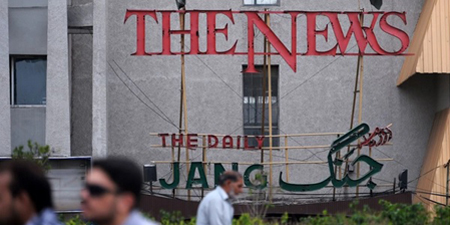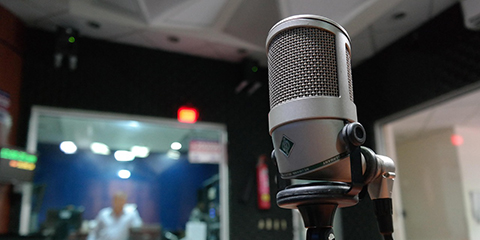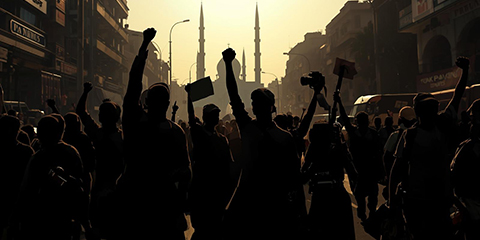Release media group editor: Human Rights Watch
JournalismPakistan.com | Published 5 years ago
Join our WhatsApp channel
Pakistani authorities should release from custody an editor who may be facing charges as a form of political harassment, Human Rights Watch said.
On March 12, 2020, Mir Shakil-ur-Rehman, the editor-in-chief of the Jang Group, the largest media group in Pakistan, was arrested in Lahore by the National Accountability Bureau (NAB), an anti-corruption watchdog, on charges relating to a 34-year-old property transaction.
The NAB had summoned Rehman to their offices to give a statement. Jang Group alleges that in the past 18 months, the NAB has sent more than a dozen threatening letters to its reporters, editors, and producers for critical reporting of the NAB.
“The space for dissent in Pakistan is shrinking fast, and anyone who criticizes government actions can become a target,” said Brad Adams, Asia director at Human Rights Watch. “Detaining Mir Shakilur Rehman is just the latest case of harassment against Pakistan’s beleaguered media.”
The United Nations Human Rights Committee, the international expert body that monitors state compliance with the International Covenant on Civil and Political Rights, has stated that “pretrial detention should be an exception and as short as possible.” Pretrial detention should not be used as a form of punishment.
Pakistan’s media operates in a climate of fear, Human Rights Watch said. Media outlets are under pressure from authorities not to criticize the government. In July 2019, the Pakistan Electronic Media Regulatory Authority (PEMRA) blocked three television news channels—Capital TV, 24 News HD, and Abb Takk News Network—after they broadcast speeches by opposition leaders. The Pakistan Broadcasters Association, a private industry association, contended that the channels were taken off air without giving them a reason or a hearing.
In some cases, regulatory agencies have blocked cable operators from broadcasting networks that aired critical programs. Geo TV, a private television channel that is part of Jang Group, was temporarily forced off the air and audience access was restricted as punishment for editorials criticizing the government. In July 2019, the Media Regulatory Authority terminated a live interview with opposition leader and former President Asif Ali Zardari on Geo TV, shortly after it began.
In October, Steven Butler, the Asia coordinator for the New York-based Committee to Protect Journalists, was denied entry into Pakistan even though he had a valid visa.
Human Rights Watch has received credible reports of intimidation, harassment, and surveillance by government officials against various non-governmental organizations and their staff. The government uses the Policy for Regulation of INGOs (International Non-governmental Organizations) to impede the registration and functioning of international humanitarian and human rights organizations.
The NAB has been widely criticized for being used for political purposes. In March 2020, the chief justice of the Islamabad High Court ruled the NAB had made arbitrary use of its arrest powers. In February, the Supreme Court Bar Association and the Pakistan Bar Council, the top elected bodies of lawyers in the country, “strongly condemned” the summons issued to opposition leader Bilawal Bhutto, calling it an “act of personal victimization.”
“The Pakistan government is failing in its international legal obligation to ensure an environment permitting free expression and dissent,” Adams said. “The authorities should take all measures necessary to stop the intimidation and harassment of the media and dissenting voices.”—Human Rights Watch/Photo: AFP

























